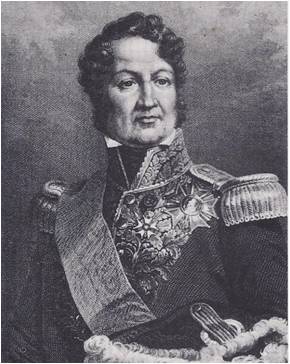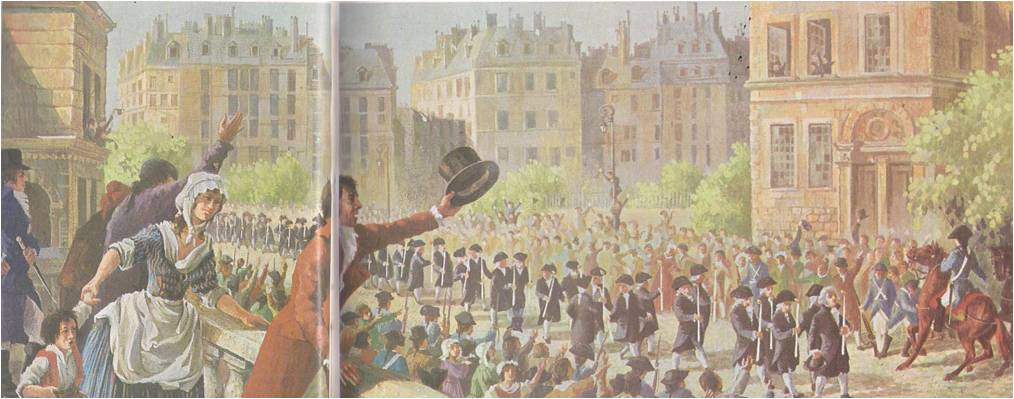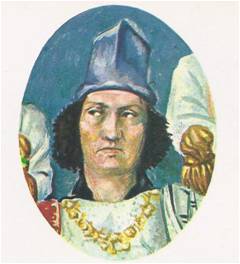On October 4, 1957, the Soviet Union announced to an astonished world that its scientists had launched into orbit an artificial satellite of the earth. The Russians called the satellite “Sputnik,” or little moon. With the invention of the air plane, man had broken the bonds that confined him to the earth; now he could go beyond the ocean of air that surrounded the earth and explore the wonders of space. The way was open for discoveries that promised to surpass those of the age of exploration of the fifteenth and sixteenth centuries. The United States sent up its first …
Read More »The Election of 1936
As Roosevelt’s first term in office neared its end, many people in the United States — and in other countries — wondered if the New Deal could really solve America’s problems. More than that, they wondered if Americans would continue to follow the path of democracy. A wave of totalitarianism was sweeping the world; would it reach as far as America? There was no doubt that there were some Americans who supported Hitler and the Nazis. Members of the German-American Bund paraded in brown shirts and held a mass meeting in New York’s Madison Square Garden, but there were comparatively …
Read More »Democracy in France 1815-1830
AFTER THE fall of Napoleon, Louis XVIII came to the throne of France. Although his powers were limited, by following a middle-of-the-road policy he was able to rule peacefully until his death in 1824. His brother, Charles X, then became king and soon began using his influence to undo as much of the French Revolution as possible. He was able to have laws passed which required the government to pay large sums of money every year to the nobles whose land had been taken from them during the revolution. The Catholic Church was strengthened and once again priests began teaching …
Read More »The Terror 1793 – 1795
The execution of the king stunned the rulers of Europe. They were stunned as well by the French military victories in Belgium and along the Rhine River. Furthermore, the French government was offering to come to the aid of any people willing to fight for their liberty. The revolution threatened to spill over into other countries, becoming a crusade of peoples against kings and nobility. If successful, it could destroy every kingdom in Europe. England and most of the European powers, therefore, joined together in 1793 to crash the revolution and to place another king on the throne of France. …
Read More »The Voice of the People 1789
The sun had broken through the clouds after a night of spring showers. Dripping leaves sparkled in the golden light, which flooded the gaily decorated streets of Versailles and the broad terraces of the king’s royal palace. It was May 4, 1789, the day of the opening ceremony of the recently elected Estates General. The streets were crowded with visitors, most of them from Paris, only a few miles away. They had come to see the grand procession of the Estates General and were in a holiday mood. The shops were closed. Local citizens watched from windows, crowded balconies and …
Read More »France Becomes a Great Nation 1453-1631
WHEN MORE than a century of war between England and France ended in 1453, it was the French king, Charles VII, who was victorious. Although he had driven the English out of France, Charles found himself the king of a sad land. During the wars the great French nobles had fought among themselves as bitterly as they had fought the English and they had become so powerful that they no longer respected their king. France itself was devastated, the people poor and hungry. Paris had been half ruined. Wolves prowled the city by night and twenty-four thousand houses stood empty. …
Read More »The Fall of Byzantium A. D. 992-1453
THE LONG struggle between the churches of the East and the West was only one of the many serious problems that weakened the empire and led to its downfall. Trade was another of its problems. Much of goods imported from the eastern world was sold to the west through Byzantine markets. A ten percent tax was collected on an imports and exports as well as on all goods passing through the Bosporus. This was one of the empire’s most important ways of collecting taxes. However, this rich flow of tax money began to get smaller and smaller in the tenth …
Read More »The Church and the Empire A.D. 527-1261
CHRISTIANITY, as the official religion of Byzantium‚ was under the control of the government. The emperor was the head of both church and state and high church officials in the East recognized him as the religious leader of the land. One of them wrote, “Nothing should happen in the Church against the command or will of the Emperor.” The church organization was similar to that of the state. As its head, but under the emperor, was the patriarch of Constantinople, who was appointed by the emperor. The appointment had to be approved by high church officials, but actually they never …
Read More »






